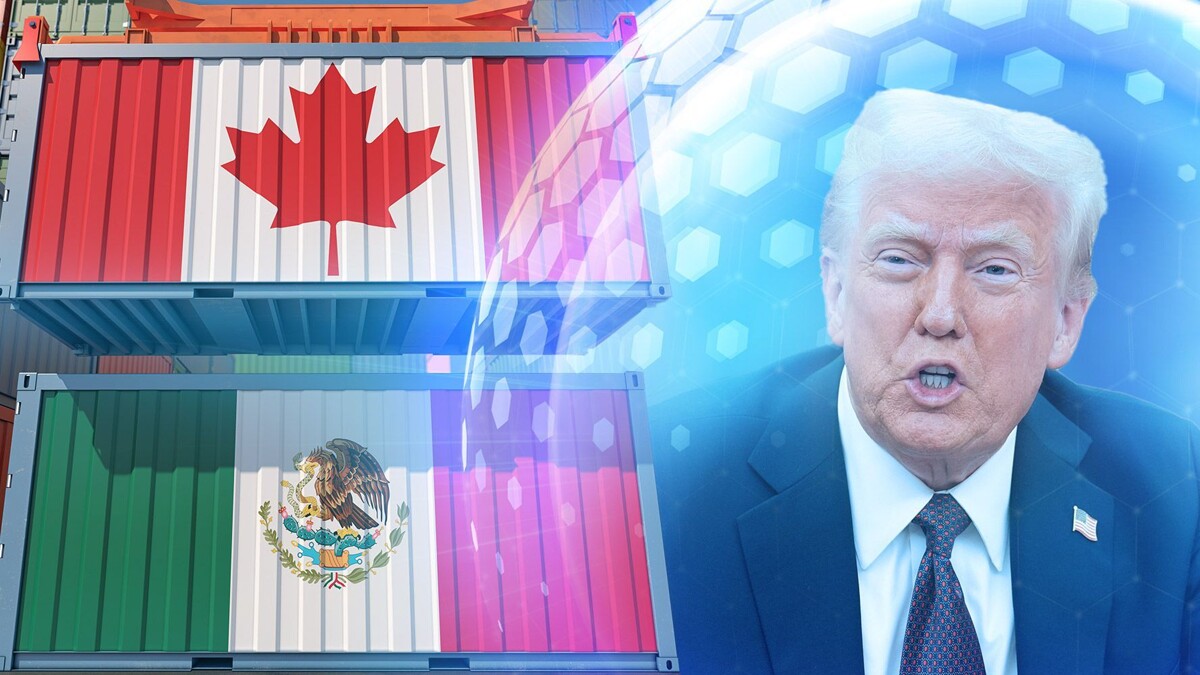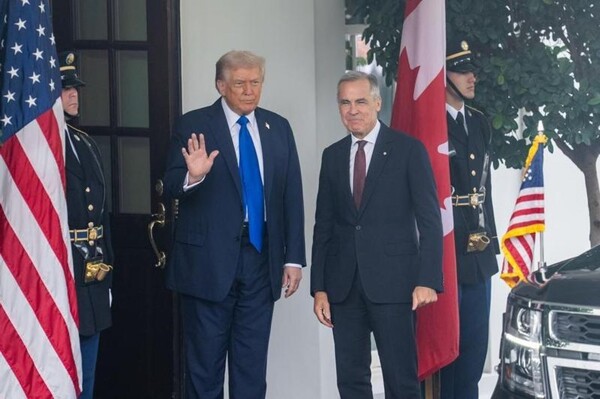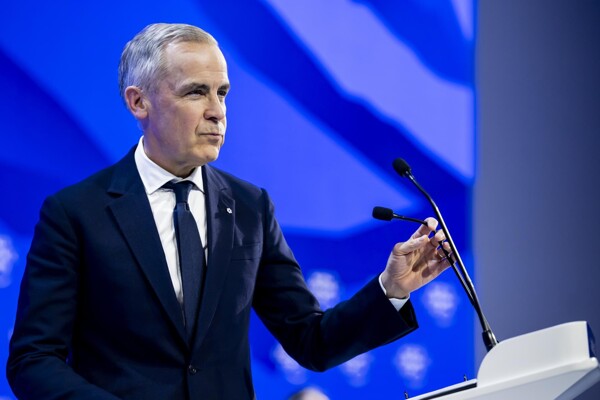
Donald Trump has ordered the implementation of a 25 percent tariff on Mexico, and a 10 percent tariff on Canada and China, citing the need to curb illegal immigration and fentanyl trafficking into his country. The Trump administration believes that Mexican cartels are the main traffickers of drugs like fentanyl and methamphetamine, endangering national security and public health in the United States.
Trump insists that Mexico has been inadequate in its efforts to stop this flow of lethal drugs to the extent that he considers a collusion between the cartels and the Mexican Government. For this reason, tariffs have been imposed on imports from Canada and Mexico, and retaliation has been threatened if the Mexican Government responds with similar measures.
In the case of Canada, energy resources will be affected with a 10 percent tariff. China has also been affected for failing to stop the flow of chemical precursors to criminal cartels and allowing money laundering by transnational organizations.
These tariffs will not only impact the affected countries, but American companies with global supply chains could suffer significant consequences. Automobile manufacturers like General Motors, Ford Motor, and Stellantis may need to reconsider their production strategies in light of these tariffs.
The tariff orders that Trump has implemented also aim to reduce pressure on gasoline and domestic heating fuel prices. The revocation of tax exemptions for small shipments will also impact e-commerce and online retail, as tariffs will be applied more broadly.
The measure, in addition to having significant economic repercussions, has generated tensions between the affected countries and the United States, presenting an uncertain scenario for international trade.













